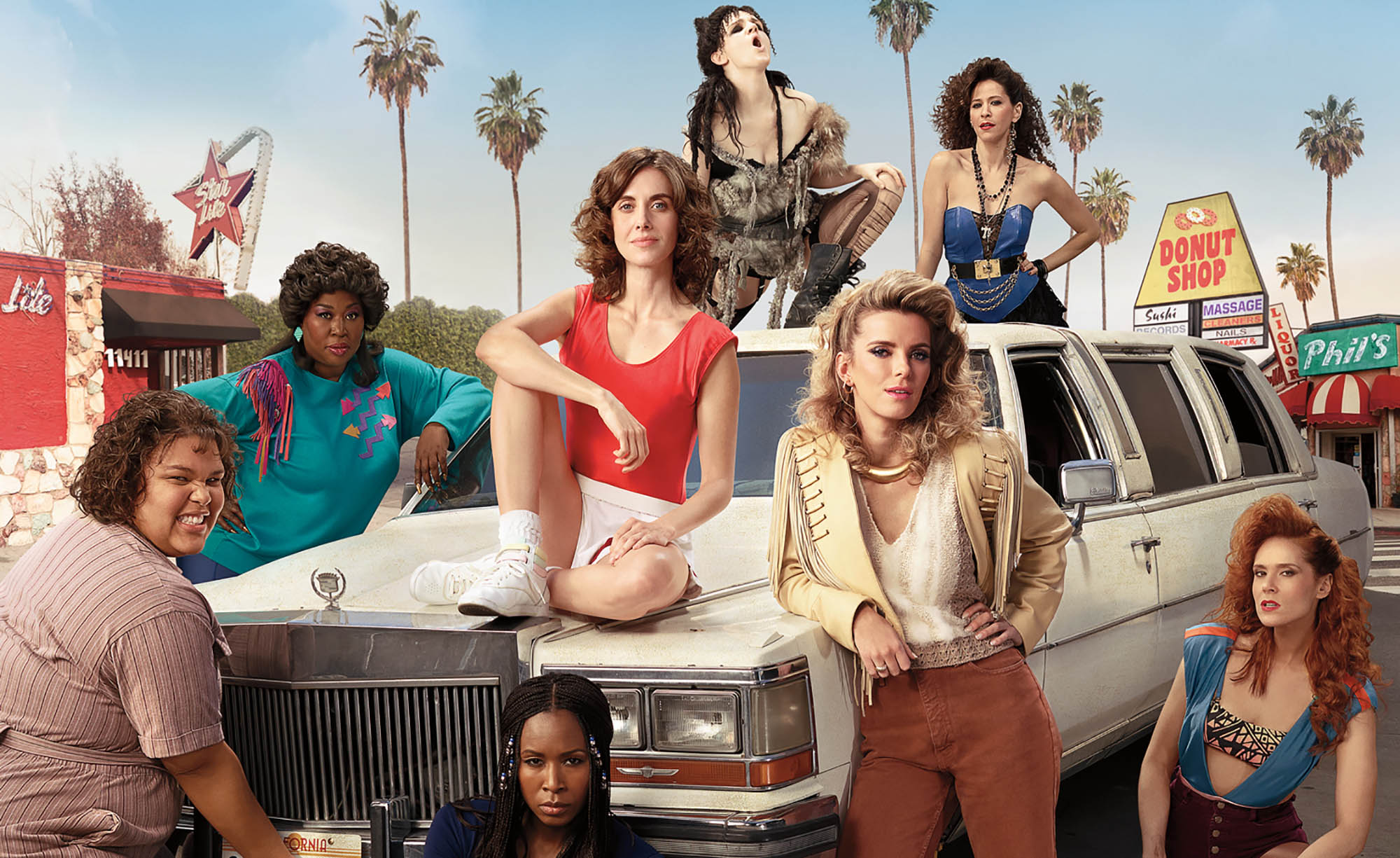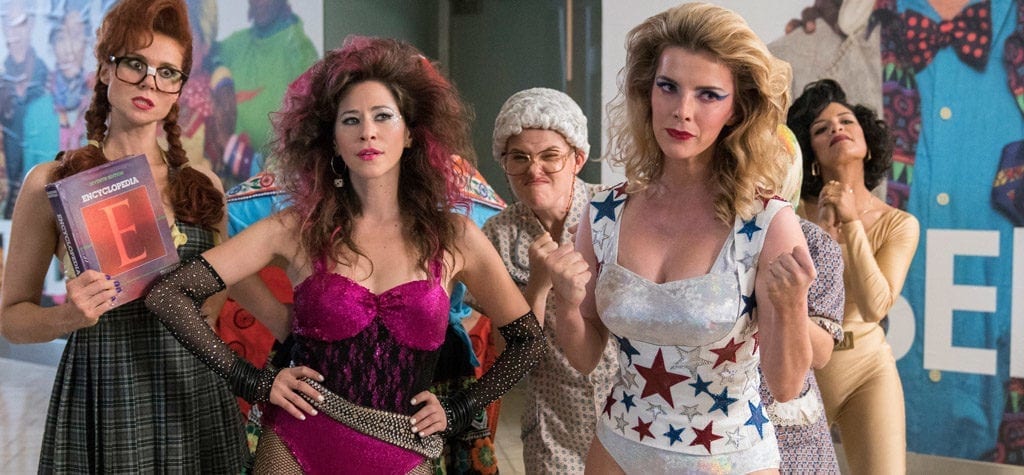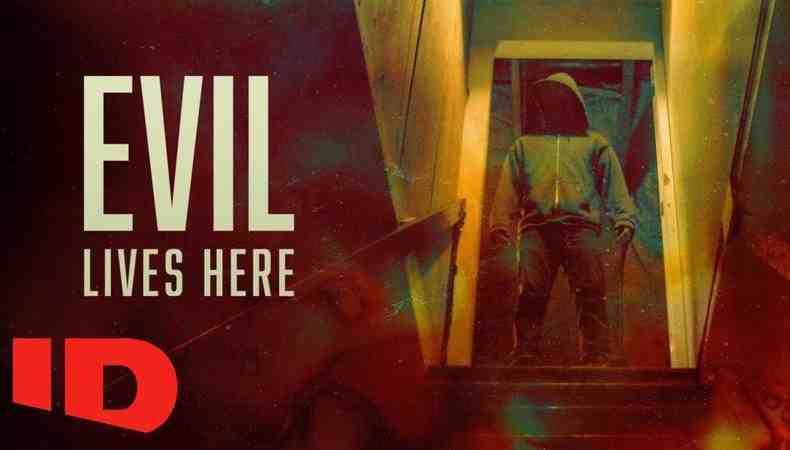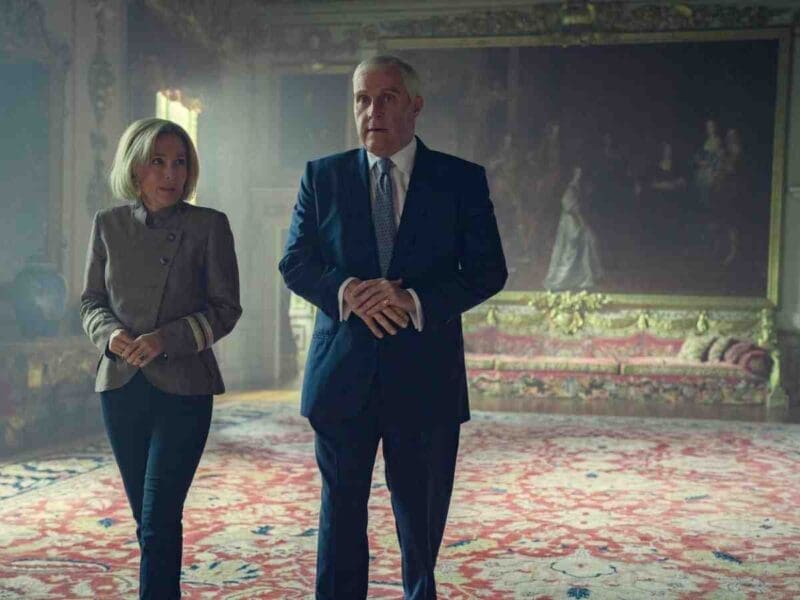
How ‘GLOW’ infuses its characters with realism and purpose
GLOW, which launched its third season on Netflix, is a dramedy centering around the campy and kitsch world of women’s wrestling, and is based on an actual show from the eighties: The Gorgeous Ladies of Wrestling. The outlandish series delivers real emotional weight despite its overt silliness.
In the first episode of S1, we meet Ruth, a down-on-her-luck actress who can’t catch a break. Alone, broken, and desperate, she resorts to taking a crappy job on a women’s wrestling show. From there, the writers cleverly use the allegory of wrestling to chart the development of Ruth’s character, which allows the pantomime in the ring to convey the inner rage and turmoil of these characters’ lives.

GLOW feeds off a duality which is forever at play. On the one hand, you have the loud, bombastic world of wrestling, eighties kitsch, leotards, and perms. On the other hand, you have a very intimate personal drama about broken people desperately trying to rebuild their lives after suffering great turmoil. The central characters Ruth (Alison Brie), Debbie (Betty Gilpin), and Sam Sylvia (Marc Maron) are all damaged and struggling.
In the first episode, we learn of Ruth’s affair with Debbie’s husband, which rips their friendship apart. Meanwhile, Sam is a burnt out, wannabe movie director who has seemingly nothing left to give.
The all-female writers of GLOW are able to tell a profoundly human story through the heightened melodrama of wrestling. The writing is incredibly sharp, witty, intelligent and deeply perceptive of how human behavior intonates. They also show great empathy for extremely flawed people. It is a show about transformations.

The characters all find wrestling by accident; it isn’t something any of them have a passion for but it is exactly what they need at that time. Wrestling, as in life, is pure theatre. It is escapism. Yet it has the ability to amplify their inner lives and showcase their private selves in ways that would be impossible in the real world.
The central conflict on the show is the relationship between best friends Ruth and Debbie. Having slept with her husband, Ruth is desperately trying to amend her relationship with her friend and atone for what she has done. The bombast of wrestling contradicts the heavy dramatic weight which in lesser creative hands could’ve undermined the entire show. But the writing is so clever and the characters are so rich and three-dimensional that the whole thing makes sense.

It’s about halfway through the season when it suddenly clicks – the women are starting to embrace wrestling, their alter-egos are fully realized, and the full retro charm of 1985 marries everything together in perfect harmony. It becomes clear how remarkable this seemingly silly show actually is. It isn’t about wrestling at all – it’s about empowerment and the importance of family and community when you are down but not quite out.
The writers of GLOW give the characters purpose and authenticity by letting their wrestling personas speak for them. By embracing the ludicrous and pitting Ruth (renamed Zoya the Destroya) and Debbie (Liberty Belle) against one another, GLOW reaches something surprisingly real.
The dramatic power of GLOW is understated; the show markets itself with its wacky throwback premise, but it so much more. GLOW utilizes the theatrics of wrestling and allows that melodrama to map the emotional trajectory of the characters. It is a narrative device that shows us how these characters are feeling.

The characters on GLOW all have inner and outer lives and this is illustrated through their antics in and out of the ring. The rage they all carry that was previously repressed and internalized is unleashed in the ring and brought to the foreground. It does this in obvious ways such as the conflict between Ruth & Debbie. But there are also other, more nuanced battles being resolved.
Carmen (Britney Young) finds the strength to walk her own path and escape her father’s controlling grip. It empowers them. Thanks to the empowerment wrestling gives them, these characters are able to discover who they truly are, what they are capable of, and who they want to be.
It’s the liberation each of these women have been longing for and the catharsis they need. The make-believe rage of wrestling is a therapy and a conduit for the bottled rage held within.

GLOW is built around a polarizing premise – personal drama meets women’s wrestling show. It isn’t a combination that should work. With less talented writers, it could’ve easily fallen apart. The wrestling could’ve looked hokey and the dramatic moments flat.
But with the talent involved, GLOW asserts itself into something undeniable. It is a show about women by women and the authenticity and truthfulness of it sings from every frame. Wrestling may be about artifice and melodrama, pantomime and escapism, but it lets these women self-actualize into the people they truly are and were always destined to be. And there is nothing phony about that.







